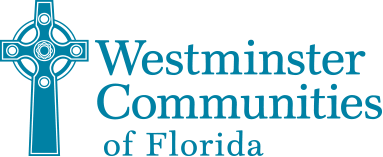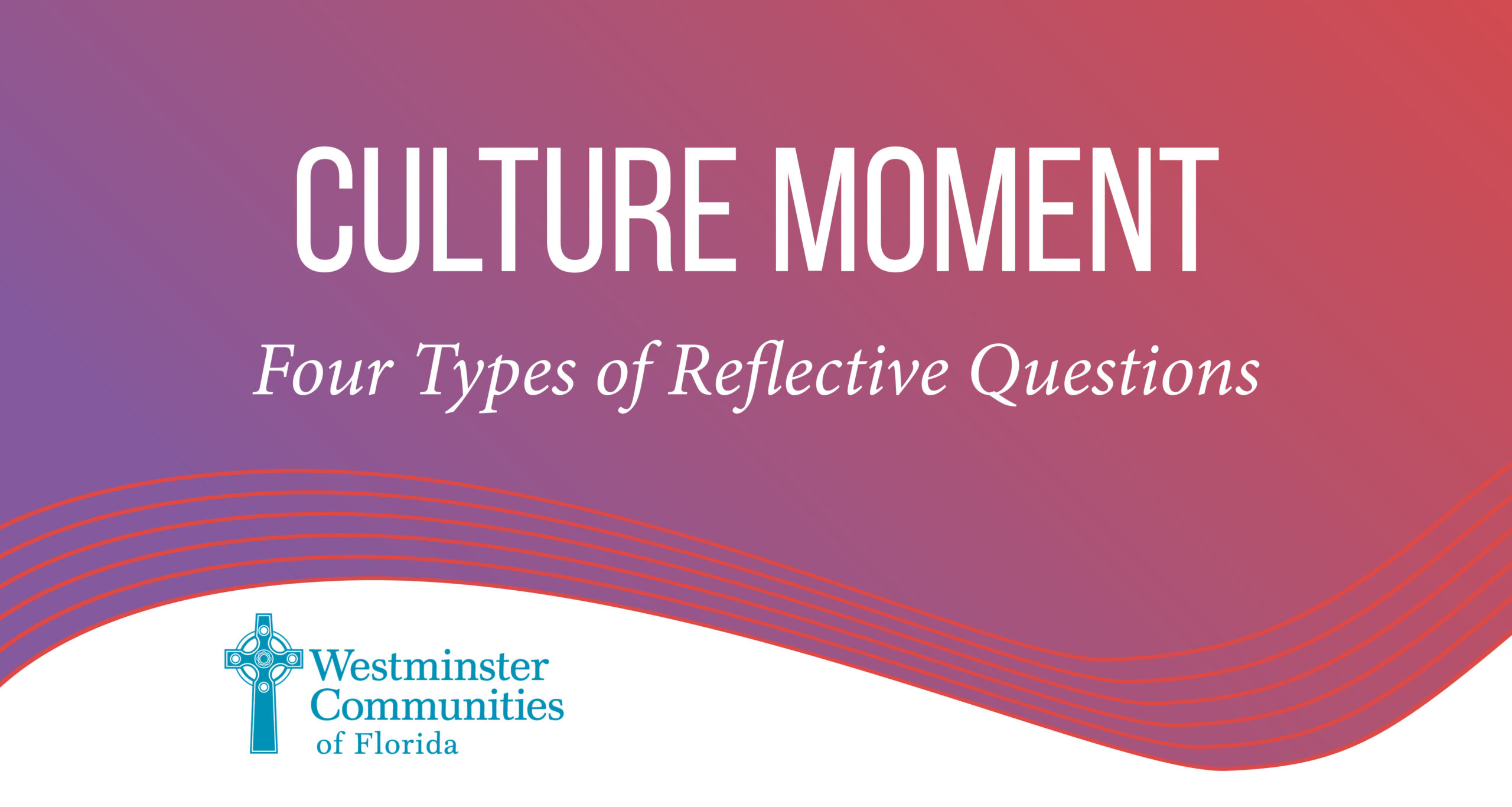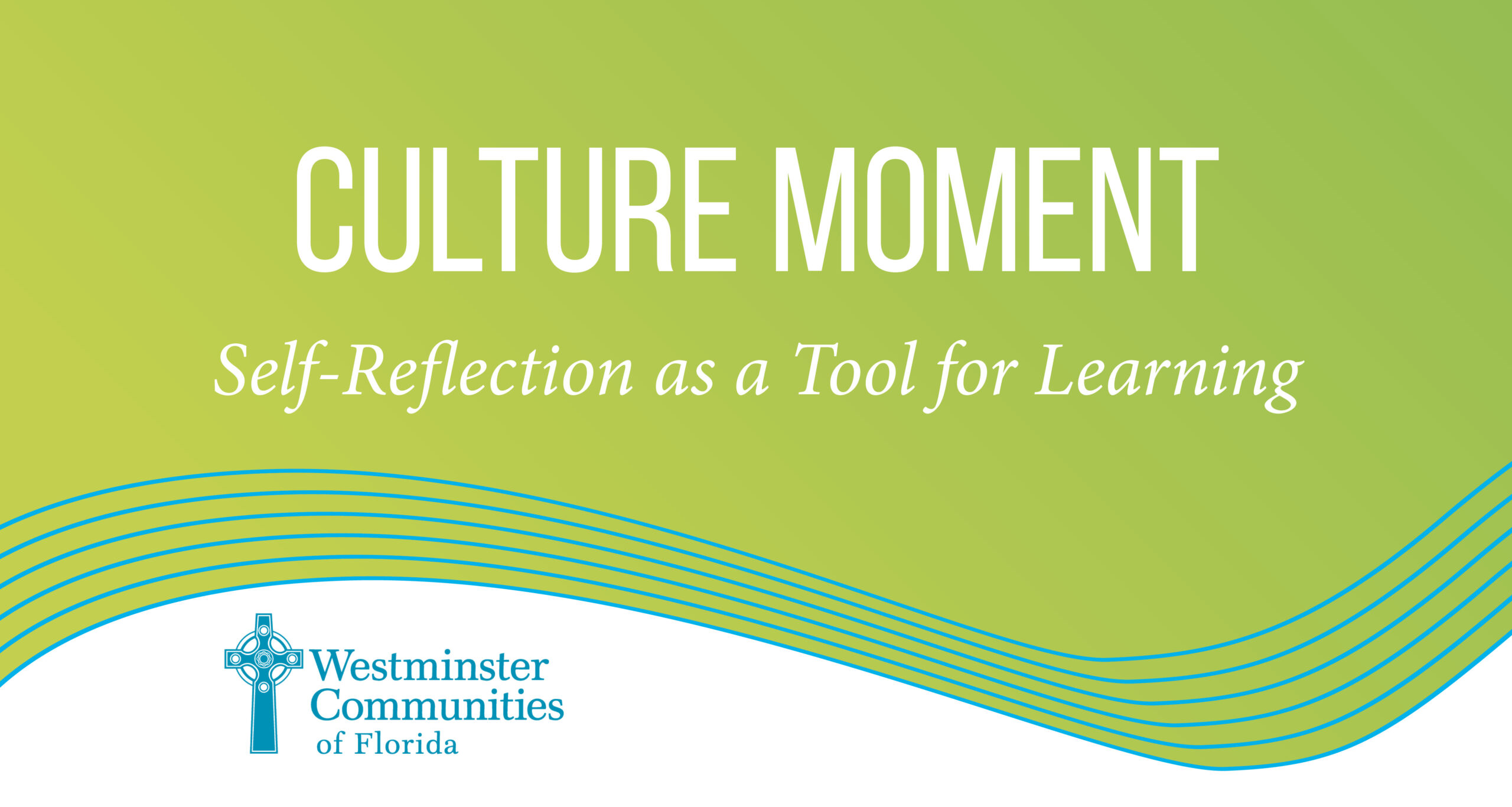Four Types of Reflective Questions
When reflecting on a situation, coaching through self– individual– and team– reflective questions can support a healthy dialogue. To do so, there are four types of reflective or shared questions that can be utilized.
Questions focused on the “past or present”:
1. Awareness– questions aimed at determining knowns. Examples: What have I tried? When did that happen? How often does that happen?
2. Analysis– questions that dig a little deeper to uncover unknowns. Examples: What would this ideally look like? What is different now? How well is that working?
Questions focused on the “future”:
3. Alternative– questions that surface additional solutions to ideas/thoughts not previously considered. Examples: What do I think could work instead? What else could I try?
4. Action– questions that solicit the plan for what is going to happen. Examples: When am I going to do that? What is my plan between now and when I get together with my supervisor/team next?



